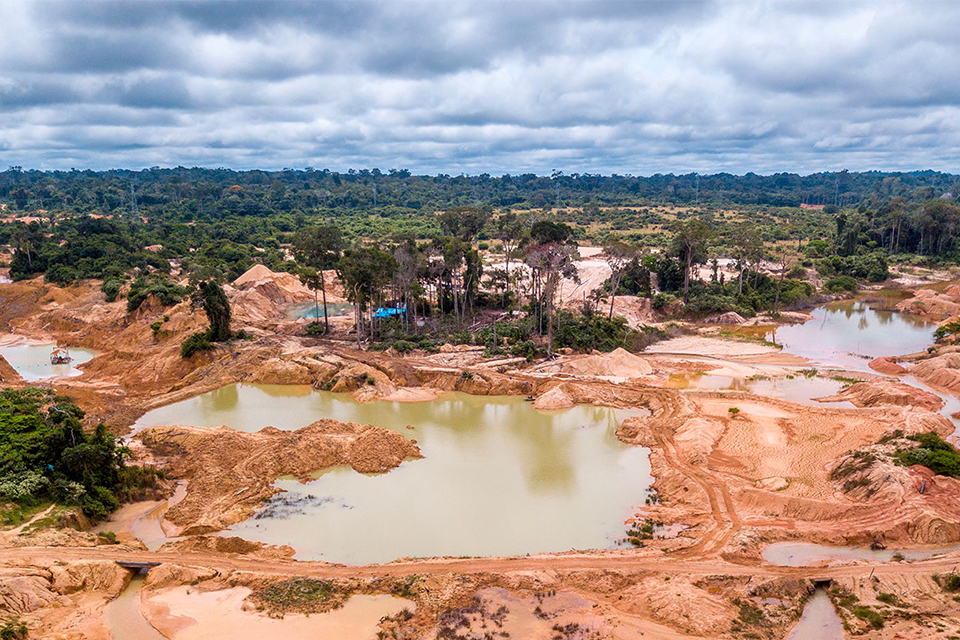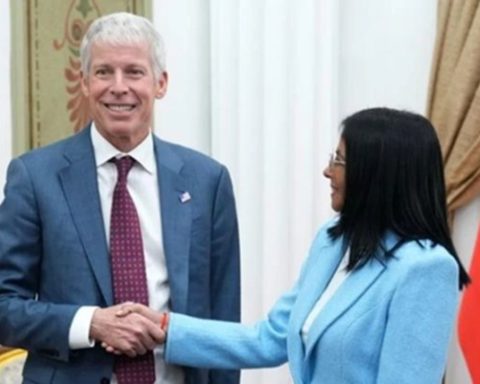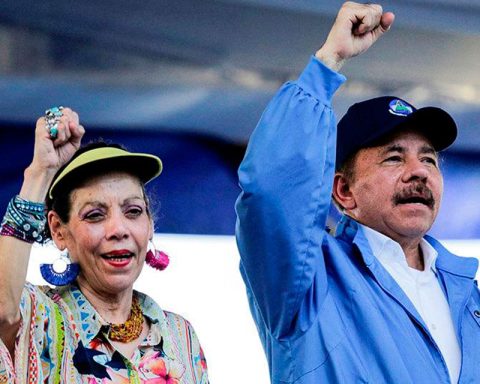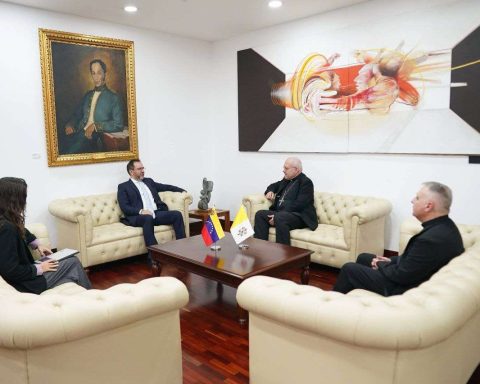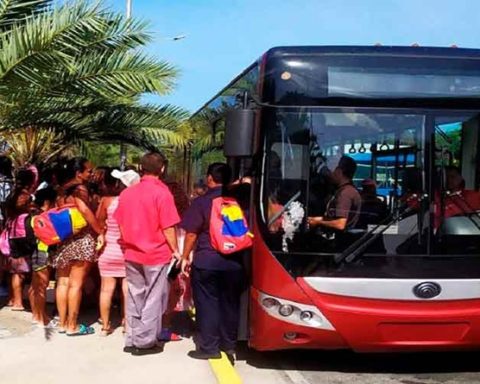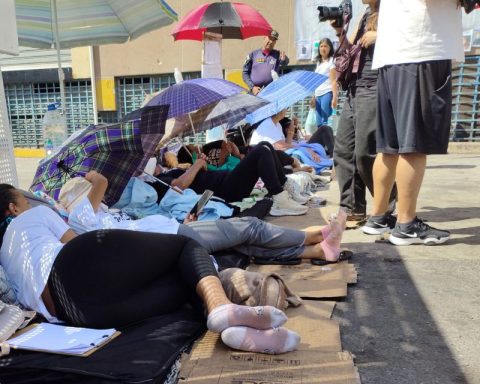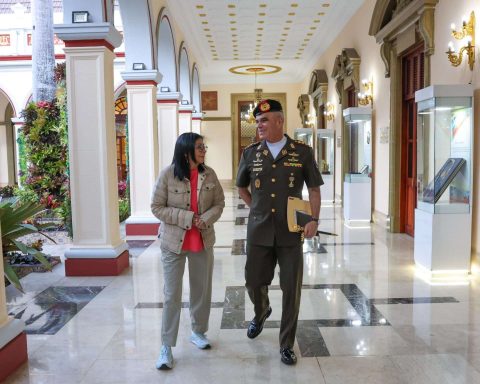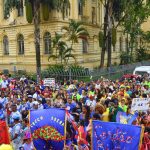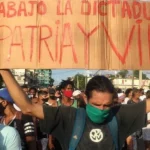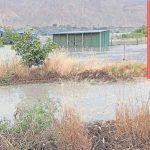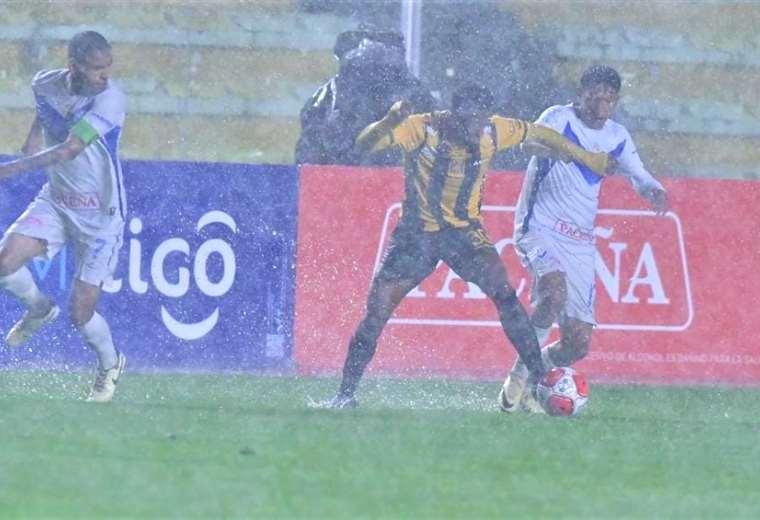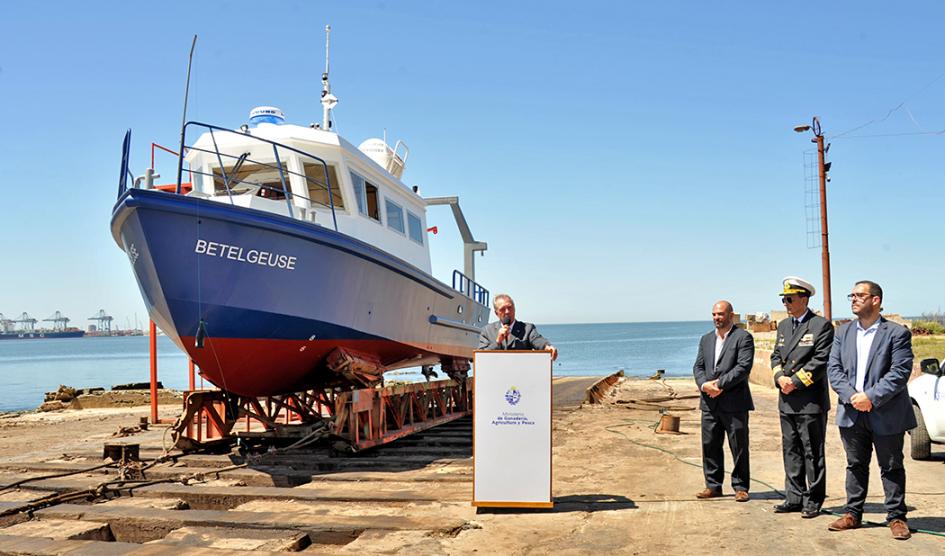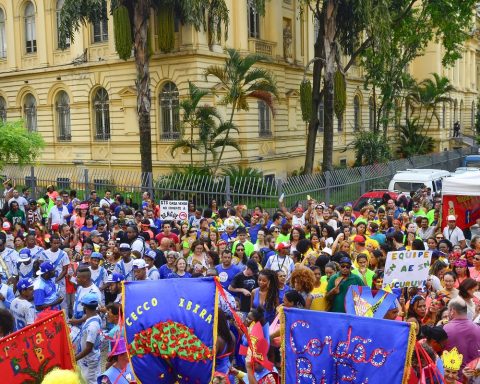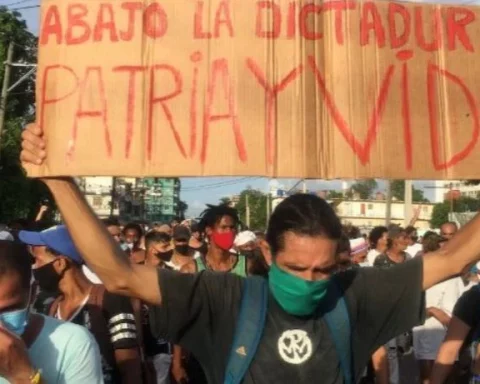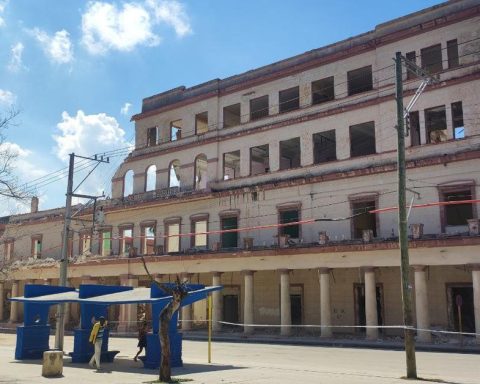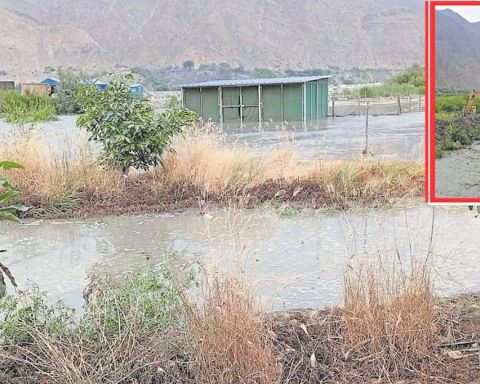The NGO SOS Orinoco confirmed that an illegal mine located in the Cárida area (Atabapo municipality, Amazonas) grew by 13 hectares between the months of July and September 2024. At least 1,200 people live in that area, who operate 123 machines to extract the gold
The NGO SOS Orinoco reported this Tuesday the 29th that military personnel charge 16 grams of gold for allowing hundreds of illegal miners to settle in the Atabapo area, in the state of Amazonas.
In a publication On social networks, the organization highlighted that in the gold rush in the Cárida area, Atabapo municipality, National Guard officials make weekly charges to illegal miners to allow them to remain.
SOS Orinoco confirmed that this illegal mine grew by 13 hectares between the months of July and September 2024. At least 1,200 people live in that area, who operate 123 machines to extract the gold. He stressed that “all local military and civilian leaders are part of the business.” That municipality is governed by Mayor Weissira Suárez, of the United Socialist Party of Venezuela.
🆘GOLDEN BULLA IN CÁRIDA (Atabapo, Amazonas):
➡️From July to September 2024, this ILLEGAL mine grew 13 hectares and now 1,200 people live there, they operate 123 machines to which the military charges 16 grams of gold per week per machine.
🔴It is another proof that the supposed… pic.twitter.com/TKuIINC2n8— SOS Orinoco (@SOSOrinoco) October 29, 2024
The conservation group assured that this “is further proof that the supposed fight of the Nicolás Maduro regime against illegal mining is a farce: all of these are mines in full expansion in the hands of the miners who were in the Yapacana national park and with the approval of the military.
They also stated that they hope “that an honest and patriotic commander puts an end to these ecological crimes and corruption.”
On October 21, the Inter-American Commission on Human Rights (IACHR) urged the Venezuelan State to adopt “concrete and immediate” measures to defend the Yanomami people in the face of illegal mining and its environmental impact, forced displacement, increased violence and the spread of infectious diseases.
The IACHR expressed its concern about the events reported by the Yanomami indigenous leaders themselves about what is happening in their environment where they have to leave their lands to other places by force, as a result of the presence of “garimpeiros” and the advance of irregular groups of Brazil and Colombia, which in turn affect the increase in violence in states such as Delta Amacuro, Amazonas and Bolívar.
Post Views: 226
